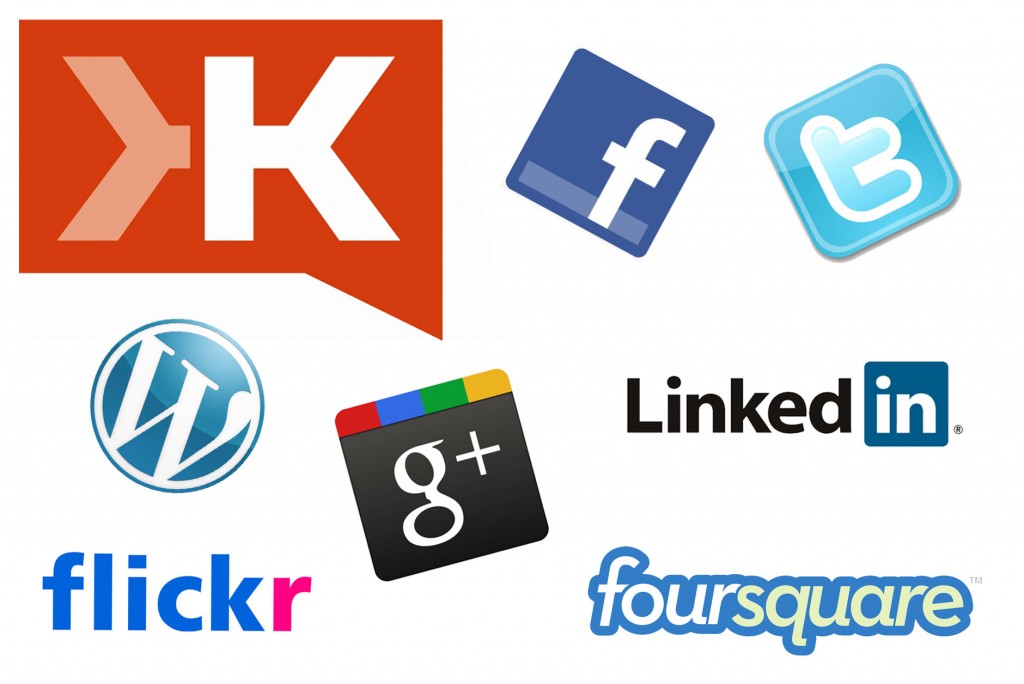Due to their huge numbers on social media, Influencers are powerful voices that shape opinions, trends, and behaviors. They have the ability to engage directly with their audiences, and thus, hold significant sway in the online ecosystem.
However, while their platforms can amplify accurate information and promote awareness on critical issues, they can also contribute to misinformation’s spread intentionally or inadvertently.
How do influencers amplify the spread of Misinformation?
Influencers amplify the spread of misinformation in various ways that include:
- Unverified Sharing
Many influencers prioritize speed over accuracy, sharing trending content without verifying its authenticity. A single misleading post from an influencer can reach millions of followers, leading to the rapid spread of misinformation. - Echo Chambers
Influencers often cater to niche audiences with shared interests or beliefs. These echo chambers can amplify misinformation, as followers are more likely to trust content that aligns with their preexisting views and values. - Influencers and Credibility
Because influencers are perceived as relatable and trustworthy, their followers may accept their content as credible, even when it lacks factual basis. This blind trust can make misinformation spread by influencers particularly dangerous. - Monetary Incentives
In some cases, influencers may promote products, ideas, or campaigns driven by financial incentives, even if the information they disseminate is misleading. Paid promotions that spread misinformation about health products, political issues, or social causes have become a growing concern.
Given their influence, content creators must recognize their responsibility in shaping the information landscape. Simple actions like verifying facts before sharing, citing reliable sources, and admitting mistakes when misinformation is shared can go a long way in building trust and combating false narratives.
Influencers occupy a pivotal position in the fight against misinformation. While they can inadvertently or intentionally propagate falsehoods, they also have the capacity to educate, inform, and inspire change.
As digital spaces evolve, the role of influencers in shaping a truthful and informed society becomes increasingly crucial. Through intentional actions and collaborations, they can leverage their platforms to champion truth and combat the growing threat of misinformation.
